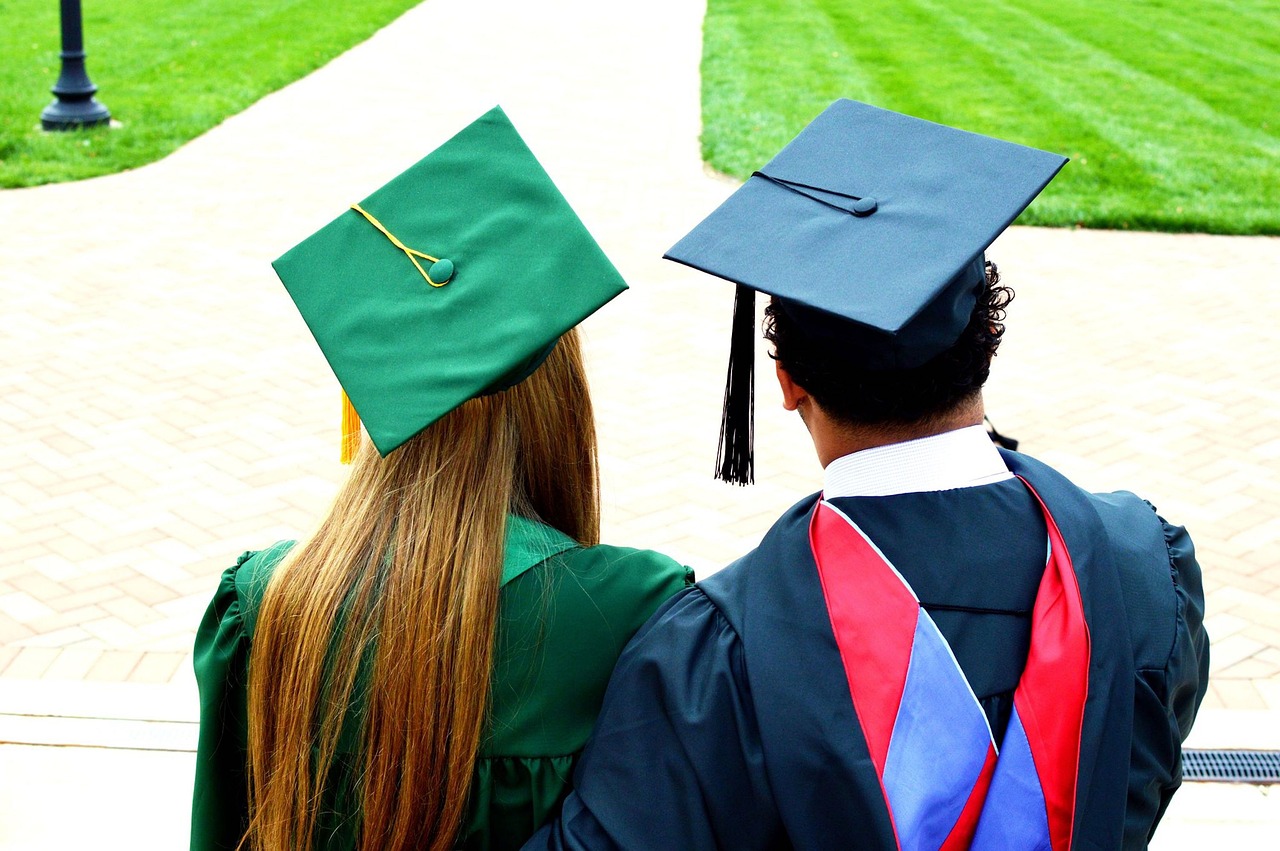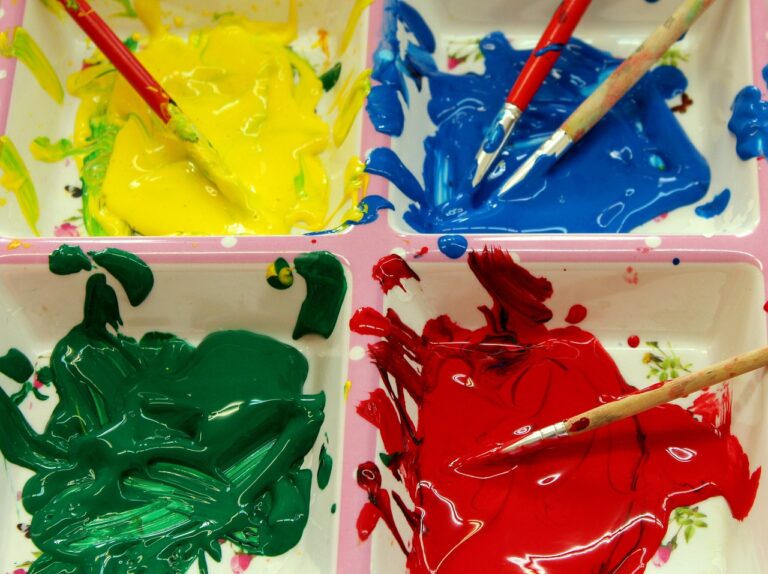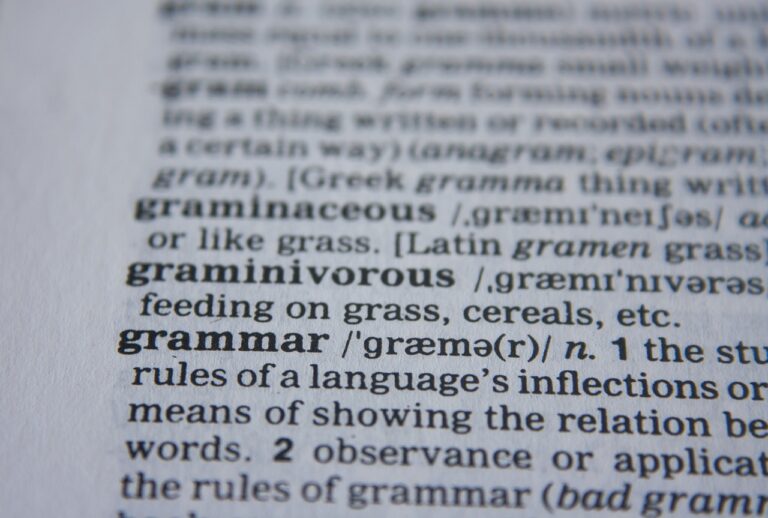Supporting Childrens Social Skills Through Peer-Mediated Learning Experiences: 11xplay sign up, India 24 bet login, Skyinplay.com login
11xplay sign up, india 24 bet login, skyinplay.com login: When it comes to helping children develop their social skills, peer-mediated learning experiences can be incredibly beneficial. By allowing children to interact and learn from their peers, they can improve their communication, collaboration, and conflict resolution skills in a natural and supportive environment.
Here are a few ways peer-mediated learning experiences can support children’s social skills:
1. Increased Peer Interaction:
Peer-mediated learning experiences provide children with more opportunities to interact with their peers in a structured setting. This increased interaction can help children learn how to communicate effectively, share their thoughts and ideas, and work together towards a common goal.
2. Modeling Behavior:
Children often learn best by observing and imitating the behavior of others. Peer-mediated learning experiences allow children to observe their peers interacting with one another and can serve as positive role models for how to engage in social situations.
3. Building Empathy:
Through peer-mediated learning experiences, children can develop a greater sense of empathy towards their peers. By working together, solving problems, and understanding each other’s perspectives, children can learn to be more compassionate and considerate towards others.
4. Encouraging Collaboration:
Collaboration is an essential skill in both social and academic settings. Peer-mediated learning experiences help children learn how to work together towards a common goal, share responsibilities, and communicate effectively to achieve a shared objective.
5. Improving Communication Skills:
Effective communication is key to building strong relationships and navigating social interactions. Peer-mediated learning experiences provide children with opportunities to practice their communication skills, both verbal and non-verbal, in a safe and supportive environment.
6. Enhancing Conflict Resolution Skills:
Conflict is a natural part of human relationships, and children need to learn how to navigate conflicts in a constructive way. Peer-mediated learning experiences can help children learn how to resolve disagreements, listen to others’ perspectives, and find mutually beneficial solutions.
Incorporating peer-mediated learning experiences into children’s daily routines can have a positive impact on their social development. By providing opportunities for peer interaction, modeling positive behavior, building empathy, encouraging collaboration, improving communication skills, and enhancing conflict resolution skills, children can learn valuable social skills that will benefit them throughout their lives.
—
### FAQs
1. What is peer-mediated learning?
Peer-mediated learning is an instructional approach in which peers work together to learn from and support each other. It involves peer interactions and collaboration to achieve shared learning goals.
2. How can parents support peer-mediated learning at home?
Parents can encourage peer interactions by arranging playdates with peers, facilitating group activities, and promoting positive social interactions. Providing opportunities for children to work together and learn from each other can help foster social skills development.
3. Are peer-mediated learning experiences effective for children with social skills difficulties?
Yes, peer-mediated learning experiences can be especially beneficial for children with social skills difficulties. By providing structured opportunities for peer interactions and collaboration, children with social skills challenges can learn and practice important social skills in a supportive environment.







